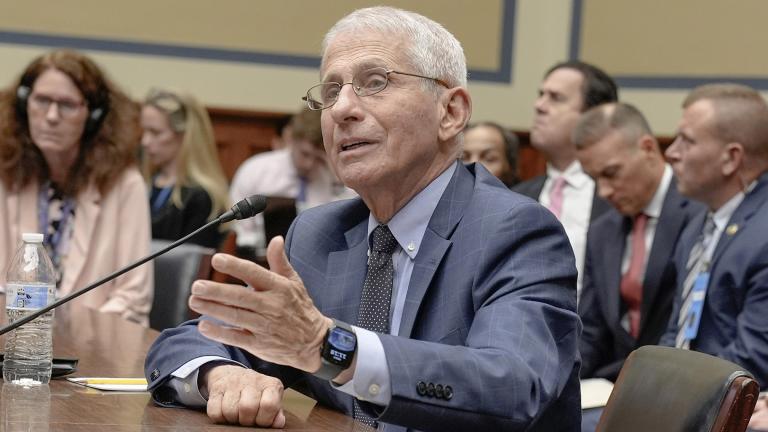As COVID-19 vaccine eligibility expands, a growing number of companies say they will require proof of vaccination before opening their doors.
The Biden administration is working with private companies to develop standards to prove vaccination status, though as of now it doesn’t have plans to implement a federal program.
The U.S. is not alone in these efforts. United Kingdom plans to test the so-called vaccine passport concept and Israel’s “Green Pass” system has been in place since February. New York also rolled out its own vaccine certification, Excelsior Pass.
The concept comes amid pushback from Republican lawmakers and concerns over privacy and equity. Florida Republican Gov. Ron DeSantis signed an executive order last week banning businesses from requiring vaccine passports for service.
Craig Klugman, a bioethicist and professor at DePaul University, says vaccine certifications aren’t a new concept; they’ve been around since 1969.
The legal implications of requiring a vaccine certification depends on whether an entity is public or private, said Daniel Rodriguez, Harold Washington professor of law at Northwestern’s Pritzker School of Law.
“It would certainly be subject to civil liberties issues and potential objections from individuals and they would have to square corners with respect to the requirements they impose, but also the rights and privacy considerations that they provide,” Rodriguez said.
Private sector businesses have “broad latitude” in how they operate their businesses as long as their decisions don’t discriminate, said Colleen Connell, executive director of the ACLU of Illinois. Connell gave the example of a health care organization requiring employees to get vaccinated. This would present legal issues if it were enforced in a discriminatory way, such as against women or people of color.
“It raises serious constitutional but not insurmountable issues for a government to mandate vaccines or a vaccine credential or passport,” Connell said.
Klugman said equity is also a concern, both in terms of a person’s access to the vaccine and to the technology a passport requires. Klugman noted thedisparate impact the pandemic has had on Black and Latino communities.
“If this is used to prevent or to admit access to public events, like a concert or a ballgame or to a specific restaurant, and to more public areas, then people who have been discriminated against in terms of the pandemic are likely to find themselves more discriminated against because they are least likely to have access to this vaccine that is now necessary to enter into these fields,” Klugman said.
Connell said digital vaccine certifications should also have privacy safeguards to protect users.
“It should really make it clear that the user controls the app and its information,” Connell said. “There should be safeguards written into it about the concept of informed consent … It would also want safeguards against using the device to track movement of people who have that device and you would also want some pretty serious restrictions on the commercial sale or other user sharing of information on that app.”








